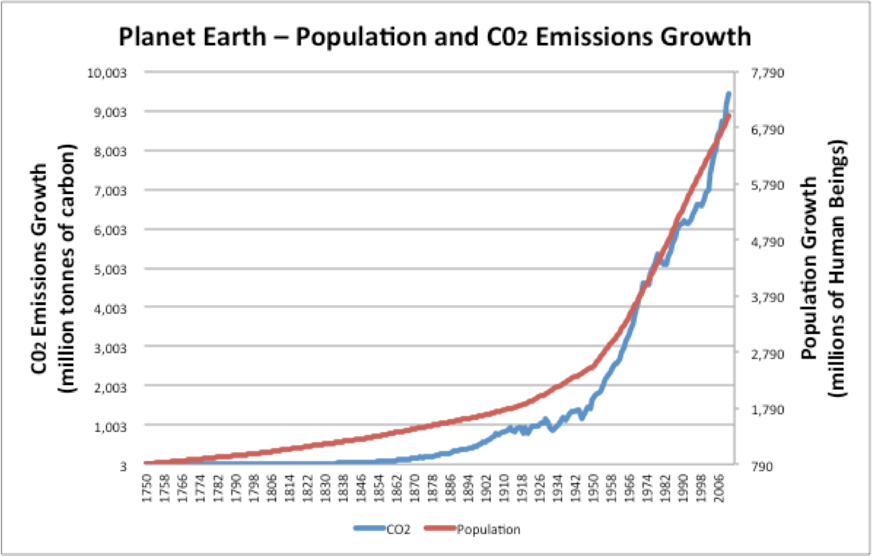dennis
Model S Plaid
Does anyone know what methodology InsideEVs uses to estimate US Tesla deliveries? Here is what they said in the November report:
Is their main source of data the delivery reports that folks make here are TMC? If so wouldn't they be missing the larger number of delivery-miles-only cars that have been sold this quarter?We simply report from the data we accumulate ourselves, the first hand accounts available from the factory and from the community itself when available




